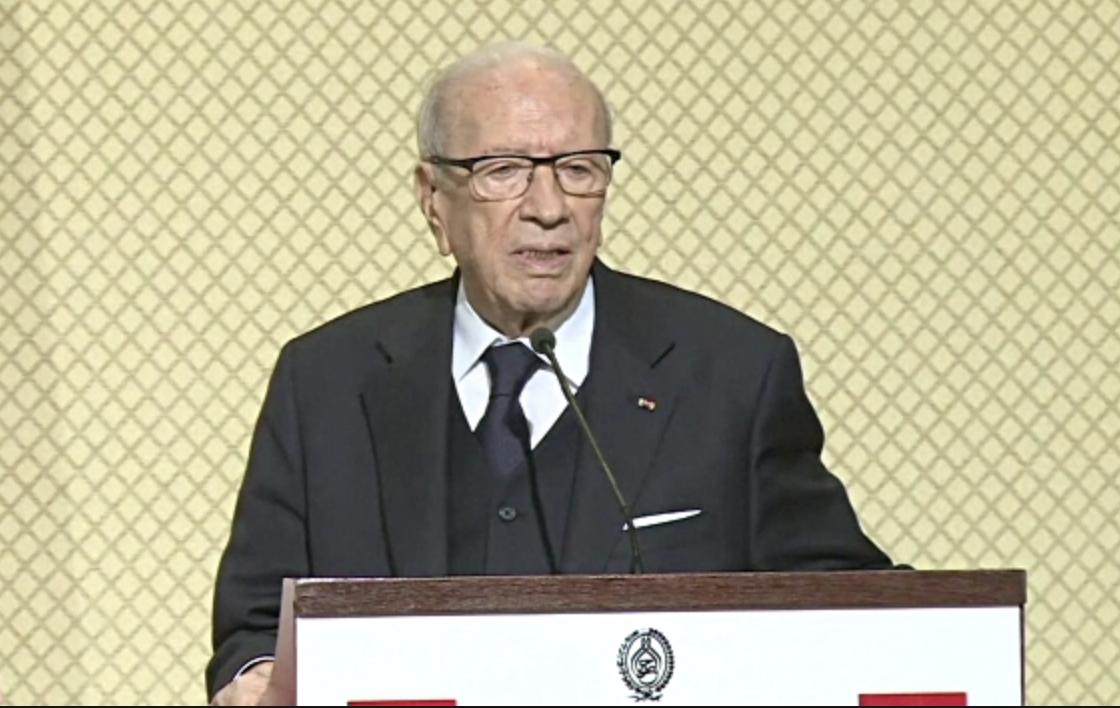
Tunisian president did not promulgate new organic law on elections, referendums
 Tunisian President Beji Caid Essebsi did not promulgate the amendments modifying the organic law relating to elections and referendums, local media reported Saturday.
Tunisian President Beji Caid Essebsi did not promulgate the amendments modifying the organic law relating to elections and referendums, local media reported Saturday.
The amendments were approved by the Assembly of the People’s Representatives, the country’s parliament, on June 18.
“The president did not promulgate the law because he rejects the logic of exclusion and refuses to sign amendments relative to the size of certain parties,” said Noureddine Ben Ticha, political advisor to the president, in a statement broadcasted in Mosaique Fm.
Ben Ticha stressed that the president is the protector of the Constitution of 2014 and the guarantor of free and transparent elections.
This new law, amending Organic Law of May 26, 2014, was adopted with 128 votes in favour, 30 against and 14 abstentions.
According to the new law, presidential candidates must submit proof of a timely declaration of assets and tax return for the year preceding the election.
In addition, any candidates for the presidential and legislative elections will be refused once found to have delivered speech in contradiction with democratic principles and the provisions of the constitution or speech inciting hatred, violence or advocating violation of human rights.






